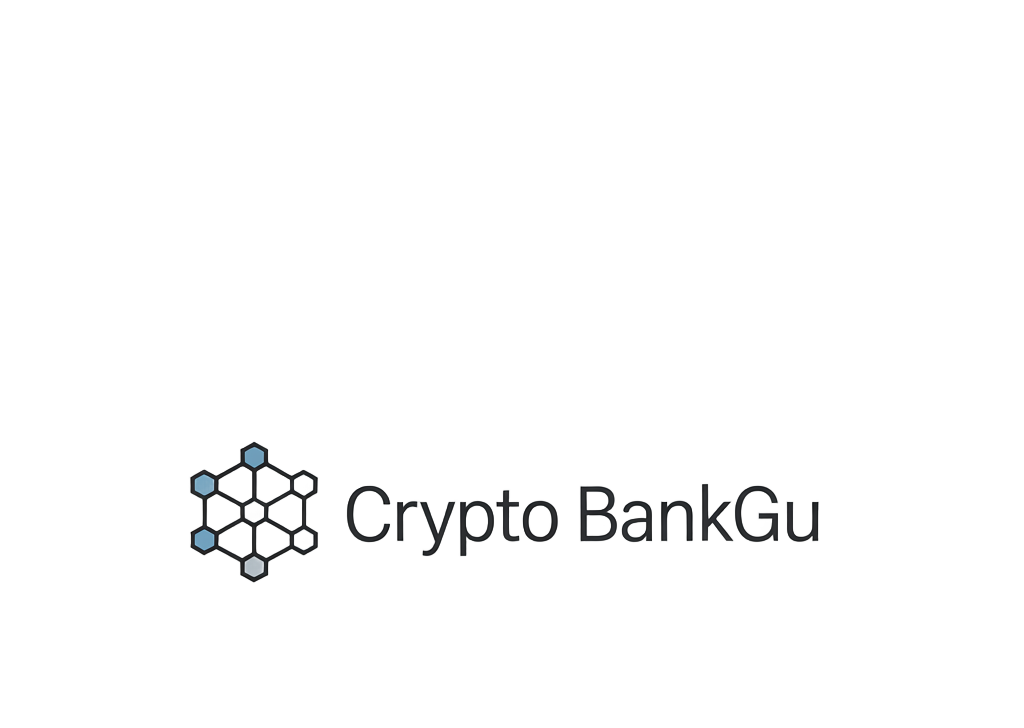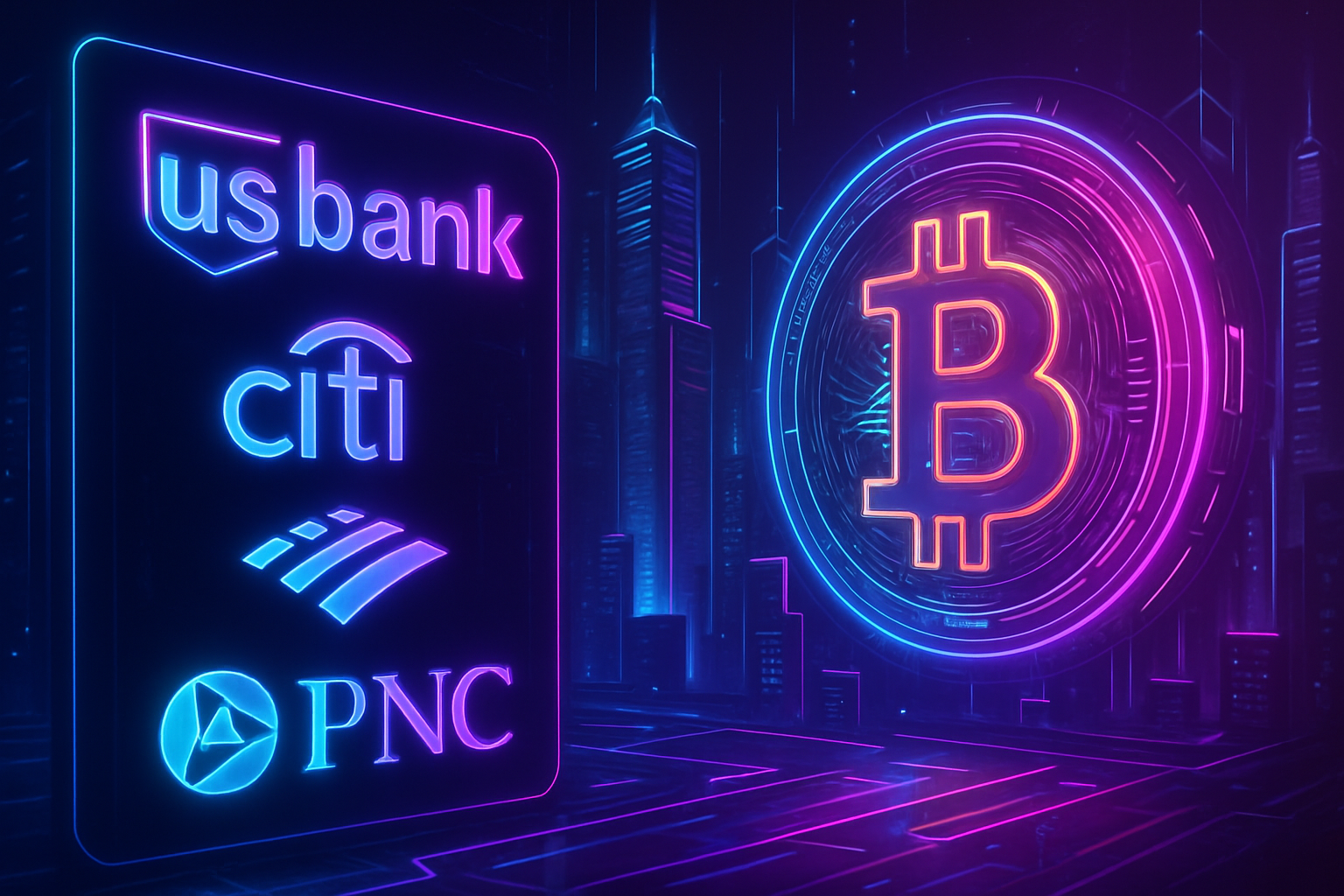
The landscape of US banking is undergoing a seismic shift in 2024 as the nation’s financial titans embrace digital assets with unprecedented speed. If you’re tracking institutional crypto adoption, this is the year to watch: U. S. Bank, Citigroup, Bank of America, and PNC Bank are no longer sitting on the sidelines. Instead, they’re rolling out robust crypto custody, trading, and payment services, signaling that the digital asset revolution is now firmly in the hands of America’s biggest banks.
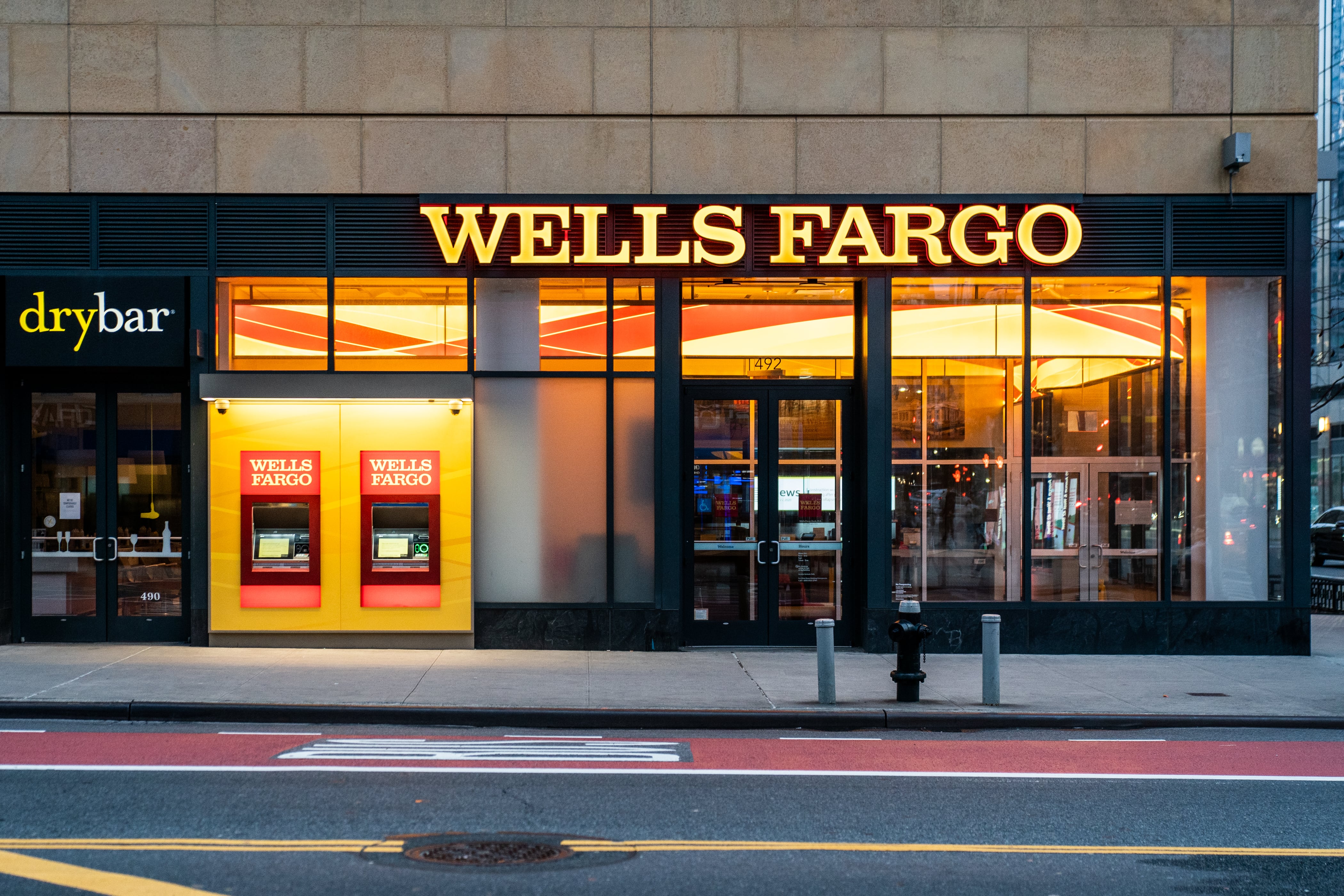
Why 2024 Is the Year of Institutional Crypto Adoption
What’s driving this institutional wave? For starters, regulatory clarity has arrived. In March 2025, the Office of the Comptroller of the Currency (OCC) gave national banks the green light to engage in crypto custody and stablecoin activities without jumping through endless regulatory hoops (source). This policy shift reduced uncertainty and opened the floodgates for traditional banks to innovate securely.
Client demand is another massive catalyst. Institutional investors are doubling their digital asset allocations, with over 83% of decision-makers planning to increase their crypto exposure by next year (source). With Bitcoin holding strong above $100,000, it’s no wonder that banks are racing to offer services that meet this appetite for secure, compliant crypto solutions.
Meet the US Banking Giants Leading the Charge
How Top U.S. Banks Are Powering Crypto Adoption
-
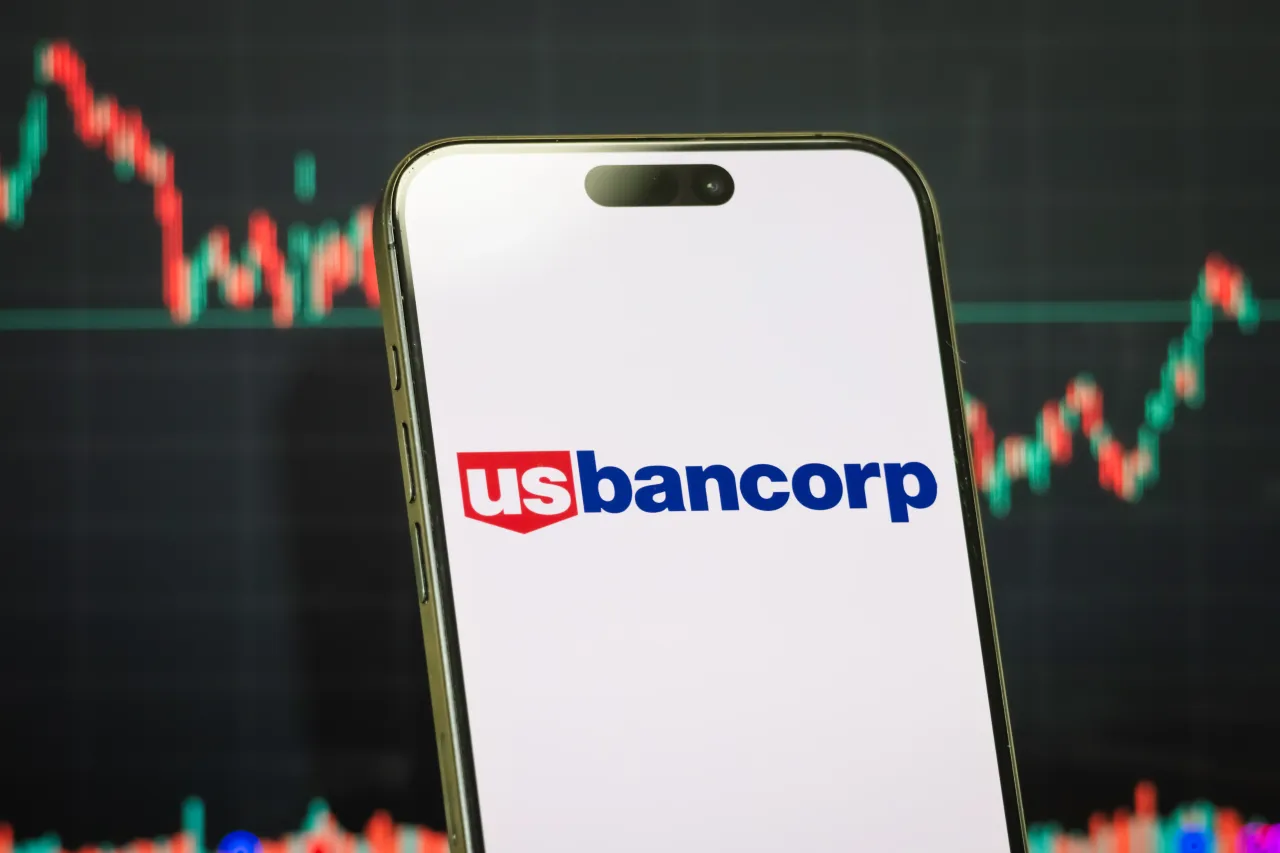
U.S. Bank has resumed its bitcoin custody services for institutional clients in partnership with NYDIG, now offering secure storage for both bitcoin and bitcoin ETFs. This move positions U.S. Bank as a leader in providing regulated, institutional-grade crypto custody solutions.
-
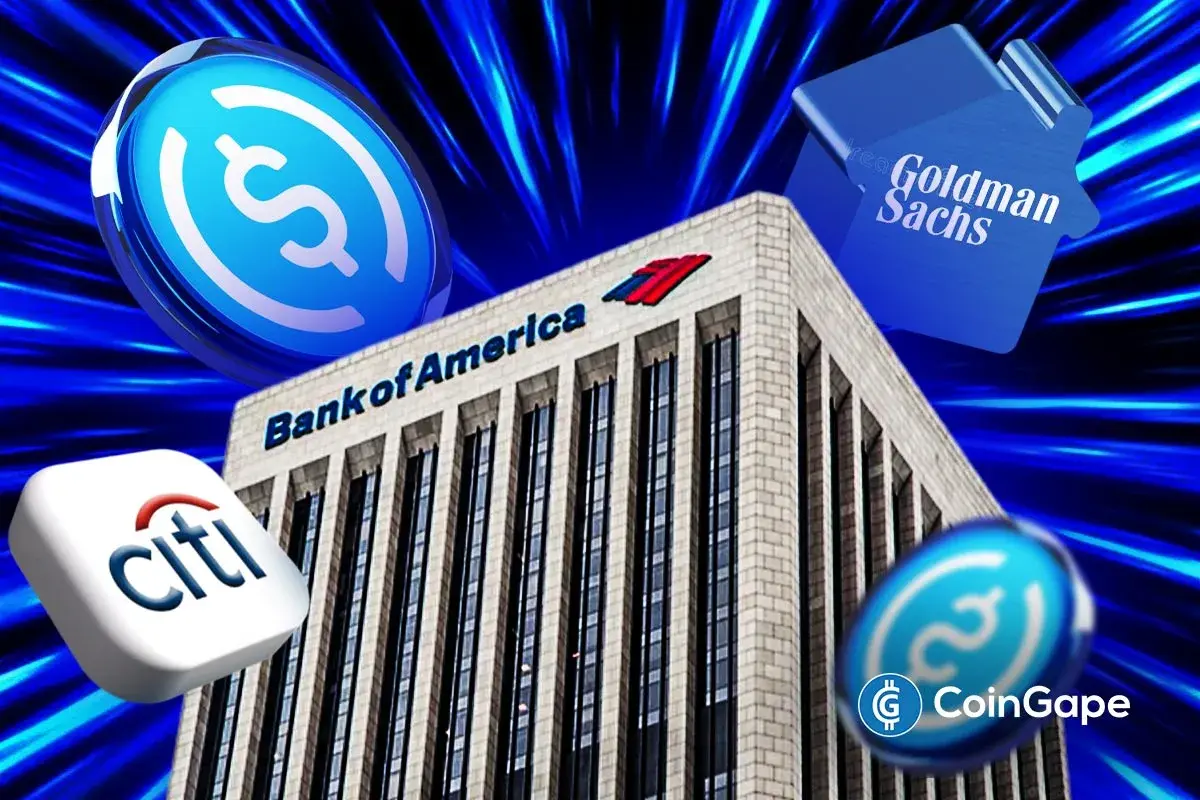
Citigroup (Citi) is at the forefront of digital asset innovation, joining a consortium of major banks to explore stablecoin issuance pegged to G7 currencies. Citi is also developing blockchain-based payment and settlement solutions for institutional clients.
-
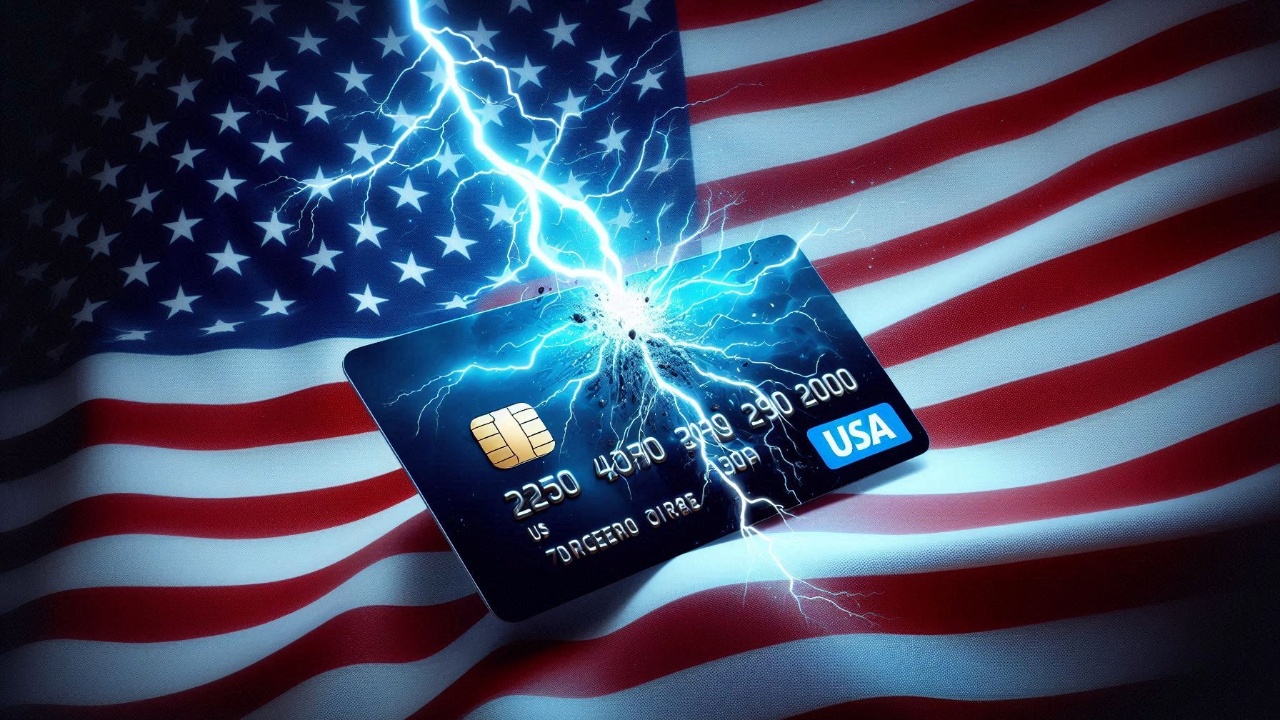
Bank of America is actively participating in the joint stablecoin project with other banking giants, focusing on blockchain-powered payments and settlement. The bank is also expanding its digital asset research and risk management services for institutional investors.
-
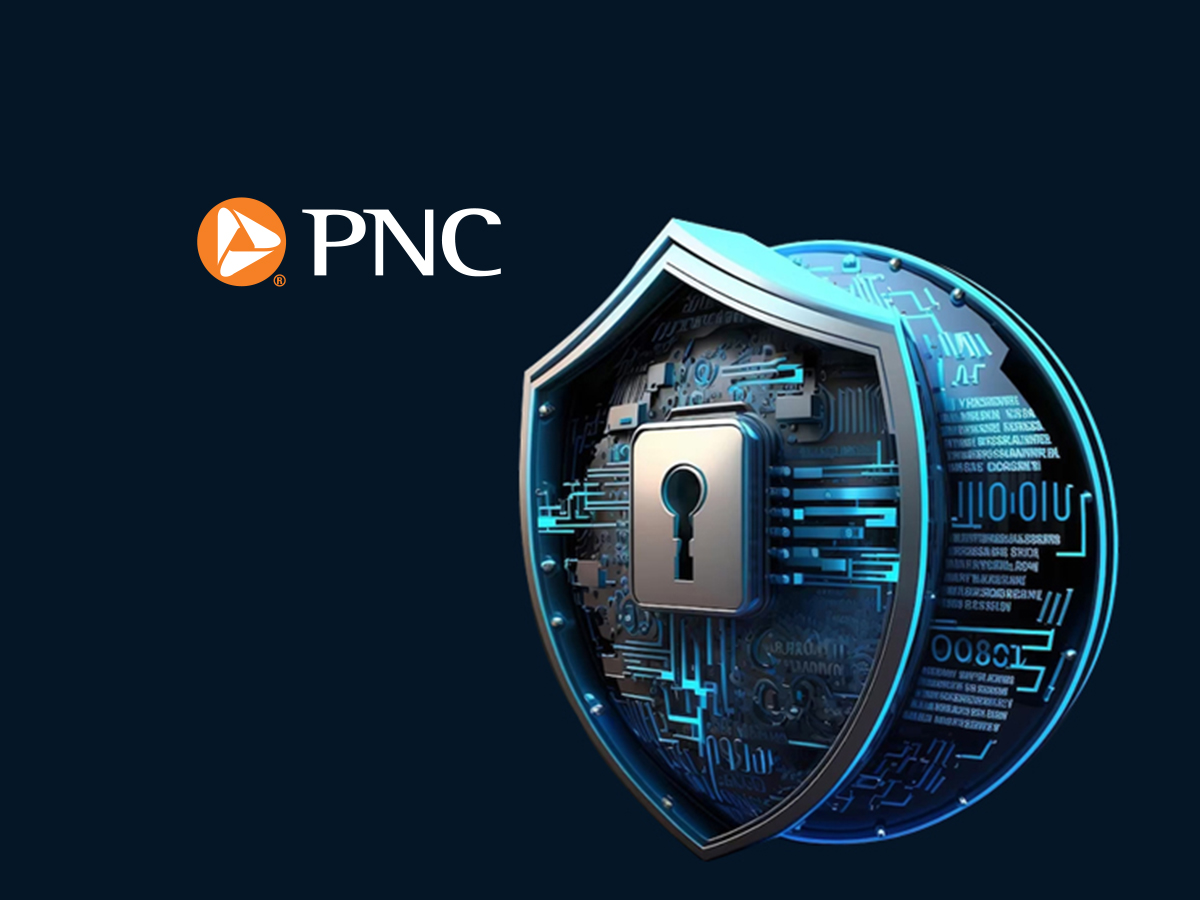
PNC Bank has integrated blockchain technology into its treasury and payment services, enabling real-time cross-border transactions and exploring digital asset custody for business clients. PNC’s commitment to innovation is helping clients navigate the evolving crypto landscape.
Let’s break down how these four banking giants are making waves in digital finance:
- U. S. Bank has reignited its institutional bitcoin custody service, partnering with NYDIG as a sub-custodian and expanding its offering to include bitcoin ETFs (source). This isn’t just about storing private keys – U. S. Bank is offering full-spectrum risk management and compliance for institutional money managers seeking secure access to crypto markets.
- Citigroup (Citi) is leveraging its global reach to pilot crypto custody and settlement solutions tailored for large asset managers and multinational corporations. Citi’s focus is on providing seamless integration between digital assets and traditional financial infrastructure – exactly what institutional clients need as they ramp up their crypto allocations.
- Bank of America is making headlines for its exploration of stablecoin payment rails. By participating in a major joint initiative to issue stablecoins pegged to G7 currencies, BofA aims to streamline cross-border payments and reduce settlement risk for its clients.
- PNC Bank is quietly building out its digital asset services, including institutional-grade crypto trading and payment solutions. PNC’s strategy centers on providing regulated access to digital assets for corporate treasuries and asset managers looking to diversify beyond traditional instruments.
Crypto Custody: The New Gold Standard for Institutions
The foundation of this adoption wave is rock-solid custody infrastructure. In 2024, U. S. Bank stands out as a qualified custodian offering investment-grade crypto storage and sophisticated risk controls (source). Why does this matter? For institutions managing billions, security and regulatory compliance are non-negotiable. The emergence of bank-backed custody means that hedge funds, pension managers, and family offices can finally allocate to digital assets with confidence.
Citigroup and PNC are following suit, piloting their own crypto custody frameworks that prioritize transparency and client protection. Expect to see more banks joining this movement as regulators continue to affirm their authority to offer crypto custody and execution services.
This institutional embrace isn’t just about keeping up with fintech startups – it’s about future-proofing America’s financial system for an era where digital assets are table stakes for global capital flows. In the next section, we’ll dive deeper into how these banks are differentiating their offerings and what it means for your portfolio or business treasury.
Banking Giants: Differentiating Their Crypto Offerings
Each of these four banking giants is carving out its own lane in the crypto space, and the differences matter if you’re comparing options for your institution or business. U. S. Bank has doubled down on security and compliance, making it a go-to for asset managers who need robust reporting and audit trails. Their partnership with NYDIG brings Wall Street-grade expertise to crypto custody, which is a huge confidence boost for cautious institutions.
Citigroup (Citi) is leveraging its global treasury network to bridge digital and traditional markets. Citi’s pilot programs are designed for scale, promising near-instant settlement and real-time reconciliation for cross-border trades. This is particularly attractive for multinational firms seeking to eliminate friction in global payments and asset transfers.
Bank of America is taking a bold stance by actively participating in the G7 stablecoin initiative. By helping to develop stablecoins pegged to major fiat currencies, BofA is aiming to make on-chain payments as seamless as SWIFT transfers, only faster and cheaper. If this experiment pays off, expect BofA clients to gain early access to next-generation payment rails that could redefine international commerce.
PNC Bank has focused on accessibility and integration, offering API-driven solutions that make it easy for businesses to plug crypto payments and trading directly into their existing systems. For corporates looking to diversify treasury operations or automate crypto settlements, PNC’s approach is refreshingly pragmatic.
What This Means for Institutional Investors and Businesses
The competitive push among these banks is already reshaping the landscape for institutional investors and corporate treasuries. With real-time custody, trading, and payment services now available from trusted names like U. S. Bank and Citi, large allocators can finally move beyond the pilot stage and commit meaningful capital to digital assets.
For businesses, the benefits are just as tangible: faster settlements, lower fees on international transfers, and new avenues for diversification in treasury management. As stablecoins become more widely adopted thanks to initiatives led by Bank of America and others, expect even smoother integration between crypto and fiat operations.
The Road Ahead: Compliance, Innovation, and Opportunity
If 2024 was the year banks got serious about crypto, 2025 will be the year they start competing on innovation and client experience. Regulatory clarity has laid the groundwork; now it’s up to these giants to deliver value through secure custody, seamless integration, and new payment solutions that empower both investors and businesses.
As more banks join the fray, expect continued improvements in risk management tools, insurance coverage, and transparency, key factors that will further accelerate institutional adoption. The message is clear: digital assets are no longer fringe investments, they’re becoming core components of modern portfolios and business operations.
If you’re considering an institutional move into crypto or want to future-proof your business treasury, now is the time to explore what these leading banks have to offer. The era of US banks offering crypto services isn’t just coming, it’s already here.
